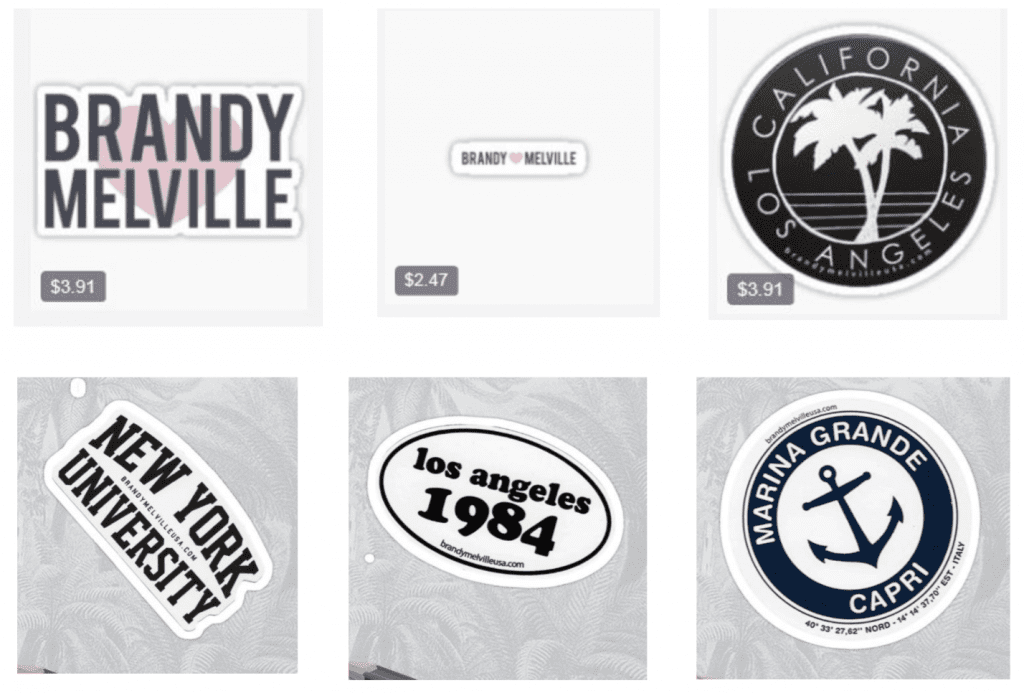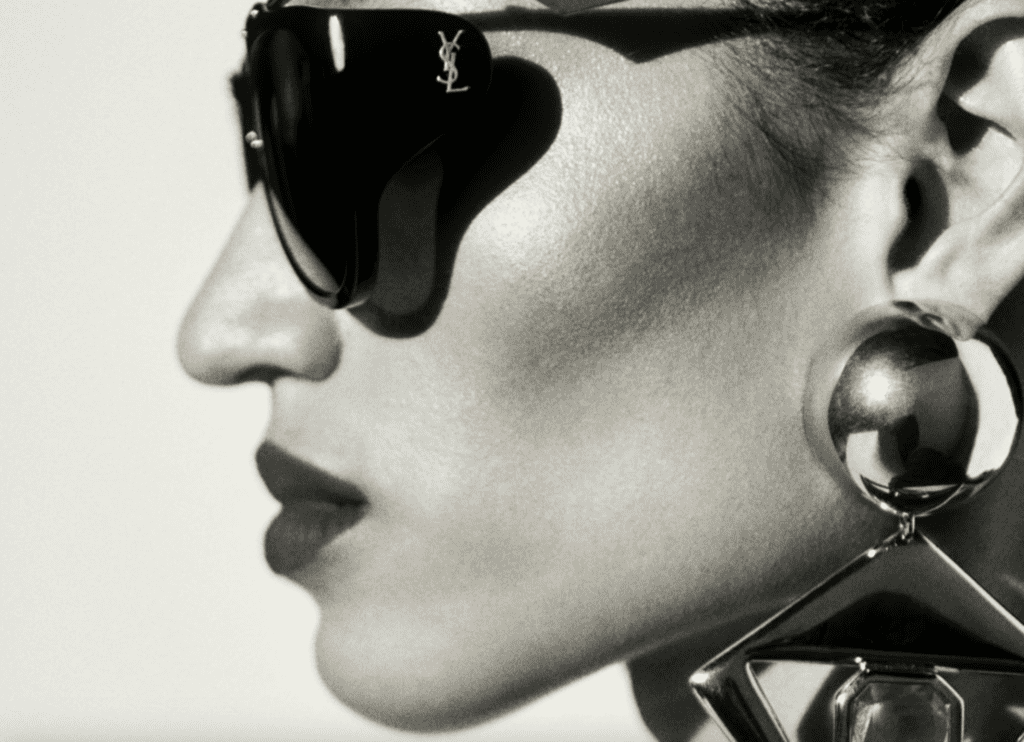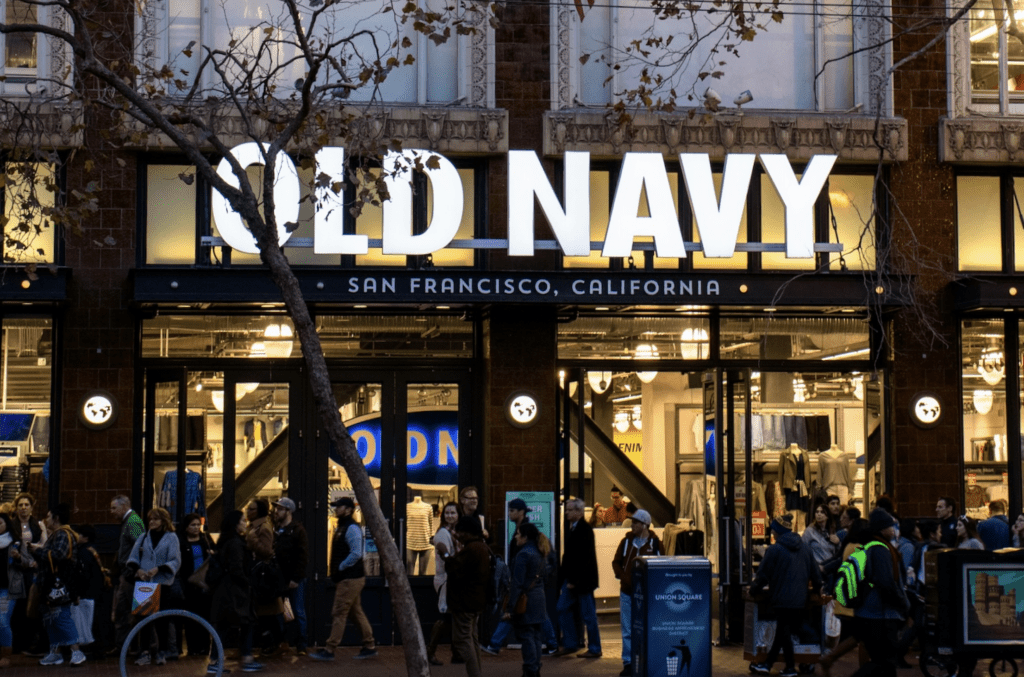The U.S. Supreme Court will not take on Brandy Melville’s petition to review a holding from the U.S. Court of Appeals for Ninth Circuit in a case that centers on contributory trademark liability. The nation’s highest court denied the petition for writ of certiorari that tween-favored Y.Y.G.M. SA d/b/a Brandy Melville lodged in January, in which it asked the court to review a decision from the Ninth Circuit, which held in July 2023 that online marketplaces like the defendant, Redbubble, will be liable for user-submitted trademark infringement only when the plaintiff proves that the defendant knew or had reason to know of, and failed to stop assisting, “specific instances of infringement or specific infringers.”
Some Background: Brandy Melville filed suit against Redbubble in the U.S. District Court for the Central District of California in May 2019, alleging (among other things) that Redbubble was liable for contributory infringement and counterfeiting for assisting the “artists” who uploaded products bearing Brandy Melville’s trademarks to the Redbubble website. In June 2021, a jury found that Redbubble was liable for contributory counterfeiting of both Brandy Melville’s Heart and LA Lightning trademarks and that the Melbourne, Australia-based marketplace’s contributory counterfeiting was “willful.”
The jury also found that Redbubble was liable for contributory infringement of those same Brandy Melville marks, as well as a number of Melville’s unregistered trademarks. All the while, the jury awarded Melville statutory damages of $500,000 and $20,000 in damages attributable to Redbubble’s profits.
In the wake of the jury verdict, the district court granted Redbubble’s motion for judgment as a matter of law on the contributory counterfeiting claim for the Brandy Melville Heart trademark, and let the verdict stand for the remaining claims, while denying Brandy Melville a permanent injunction, attorney fees, and prejudgment interest.

Redbubble successfully appealed on the scope of contributory trademark liability, with the U.S Court of Appeals for the Ninth Circuit holding in July 2023 that contributory liability is limited to situations (for both infringement and counterfeiting) where the defendant knew or had reason to know that it was assisting – and failed to stop assisting – “specific instances of infringement or specific infringers.” Because the district court did not apply that standard in ruling on Redbubble’s motion for judgment as a matter of law, the Ninth Circuit vacated the judgment and remanded the case for reconsideration of that motion.
SCOTUS Petition
Seeking Supreme Court intervention, Brandy Melville argued in its petition in January that the Ninth Circuit erred in its approach to contributory liability. Not only is its standard for gauging liability too narrow, Melville asserted that the Ninth Circuit’s approach “conflicts with the decisions of other circuits,” namely, the Second and Tenth Circuits. Given that SCOTUS has not considered the standard for contributory trademark infringement under the Lanham Act since it fashioned the test for liability in Inwood Labs v. Ives Labs in 1982, the retailer claimed that it is “now high time for the court to return to the issue,” especially since federal circuits are “squarely divided on the scope of contributory trademark liability.”
Delving into the circuit split at play, Melville stated that the Second and Tenth Circuits have “expressly rejected” the Ninth Circuit’s decision that contributory trademark liability requires knowledge of – and is limited to redressing – “specific” instances of infringement or infringers. Melville argued that in the Second and Tenth Circuits, “once a defendant knows or has reason to know that it is assisting trademark infringement (even if it does not know or have reason to know of ‘specific’ instances of infringement or infringers), it has a legal duty to take reasonable steps to stop rendering such assistance (and that duty is not limited only to ‘specific’ instances of infringement or infringers).”
> This case “highlights the significant practical differences between” the circuits’ conflicting approaches, per Melville, which claimed that it notified Redbubble that its trademarks were being widely infringed on Redbubble’s print-on-demand website. “While Redbubble addressed specific instances of infringement that Brandy Melville had identified, it failed to take reasonable steps to curb widespread additional infringement of Brandy Melville’s trademarks on its platform.” In the months following Brandy Melville’s letter to Redbubble, the company claimed that “infringement of its trademarks continued unabated,” with Redbubble “allow[ing] users to search for, and buy, a vast array of infringing merchandise by simply typing ‘Brandy Melville’ into the search box.”
> And because it “introduced evidence from which a jury could find that [Redbubble] had a history of turning a blind eye toward infringement on its platform,” and “had taken insufficient steps to root out” such infringement, Brandy Melville argued that Redbubble’s legal challenge to the judgment “would have failed in these other circuits.”
As such, the critical question here is: “What must [a defendant] know or have reason to know [in order] to trigger [contributory] liability?,” per Melville. “In particular, is contributory trademark liability limited solely to a defendant’s knowledge of – and failure to redress, ‘specific’ instances of infringement or infringers – (as the Ninth Circuit holds) or does it extend to a defendant’s knowledge that it is assisting infringement of the plaintiff’s trademarks and fails to take reasonable steps to stop such assistance (as the Second and Tenth Circuits hold)?”
Moreover, as a “practical matter,” Melville maintained that this conflict “boils down to who bears the burden of ensuing a defendant’s compliance with the Lanham Act: is it a plaintiff’s duty to notify the defendant of ‘specific’ instances of infringement or infringers to trigger a duty limited to redressing such ‘specific’ wrongdoing, or is it the defendant’s duty to be reasonably aware of ways in which it might be assisting infringement of the plaintiff’s trademarks, and take reasonable steps to stop such assistance?”
THE BIGGER PICTURE: The issue here is bigger than just Brandy Melville, the company claimed, and not just because as of the time of trial, consumers could search for “familiar brand name[s] (e.g., Tesla, Coca Cola, McDonald’s)” on the Redbubble site and “shop from a veritable emporium of infringing products.” More importantly, Brandy Melville urged the court to take on the case and settle the split between some critical courts of appeal on the basis that “many contributory infringers (including respondent Redbubble) operate across the country and indeed around the world. Whether they can be held liable under the Lanham Act should not turn on whether they are sued in Los Angeles, on the one hand, or New York or Denver, on the other.”
In denying cert, the Supreme Court leaves the Ninth Circuit’s holding in the case intact.
The case is Y.Y.G.M. SA d.b.a. Brandy Melville v. Redbubble, Inc., 2:19-cv-04618 (C.D.Cal).











